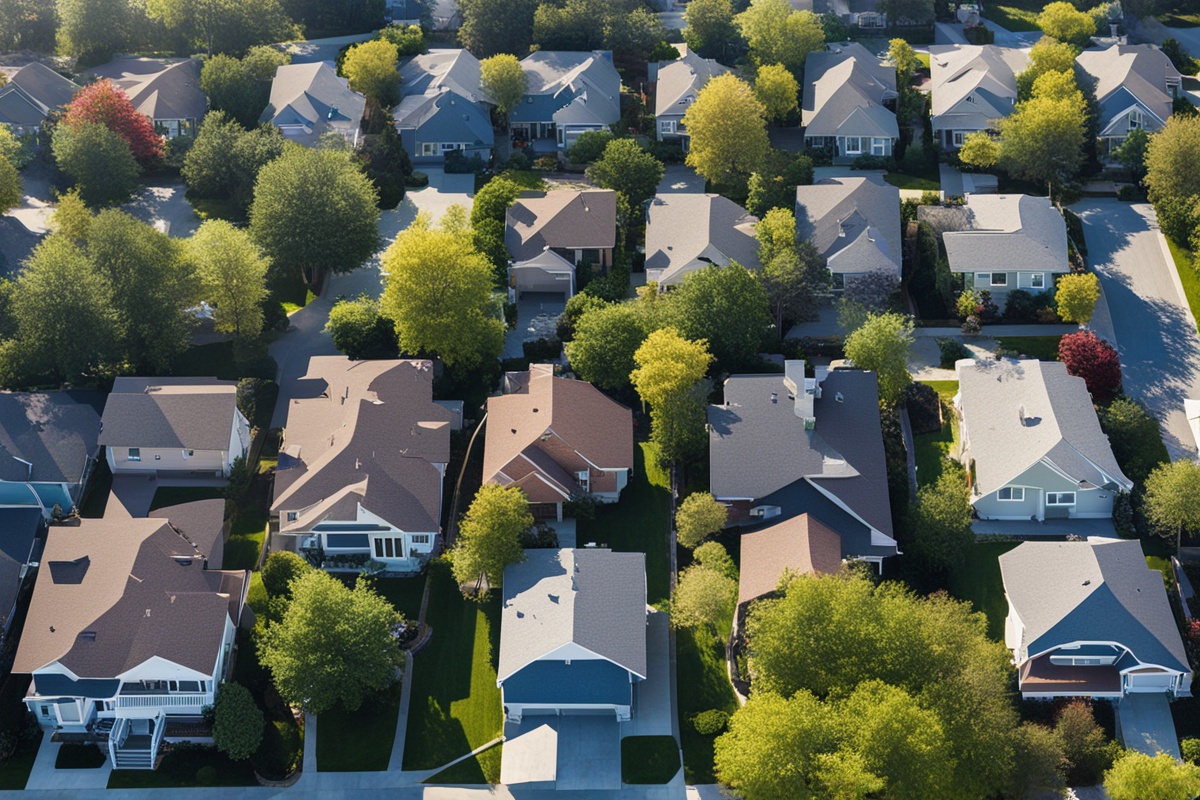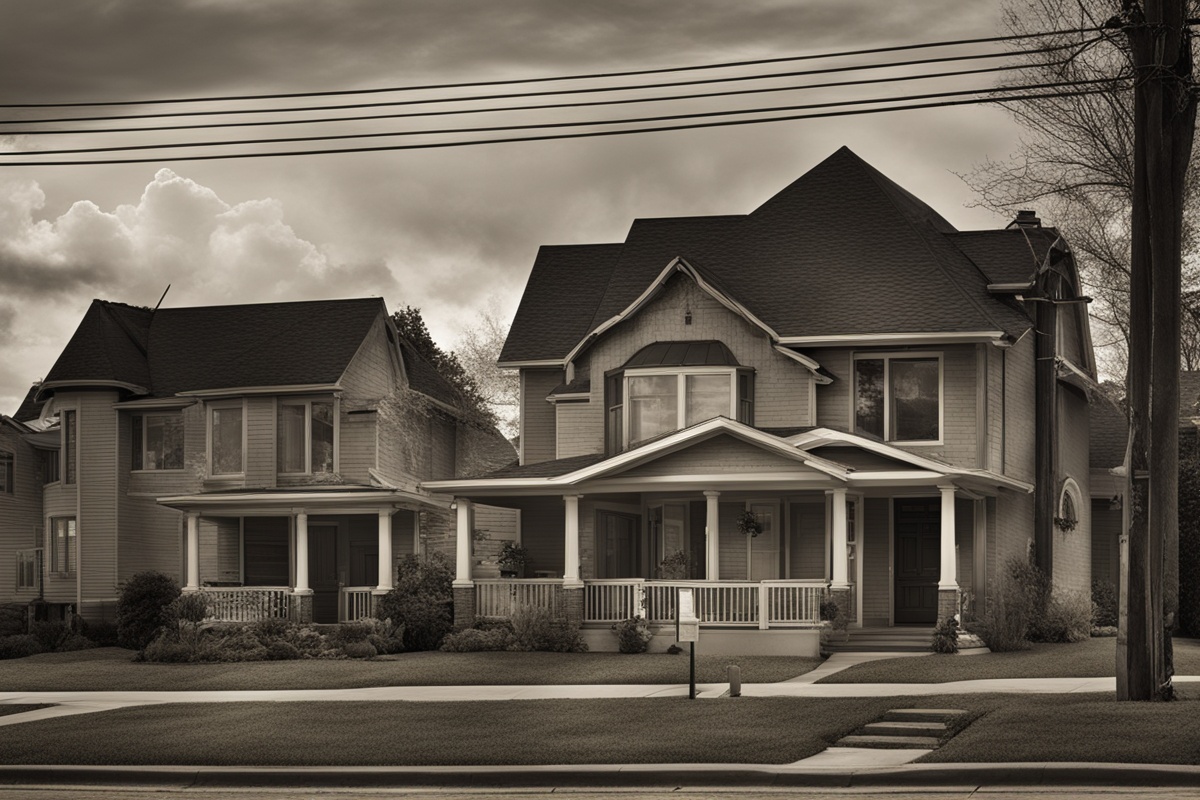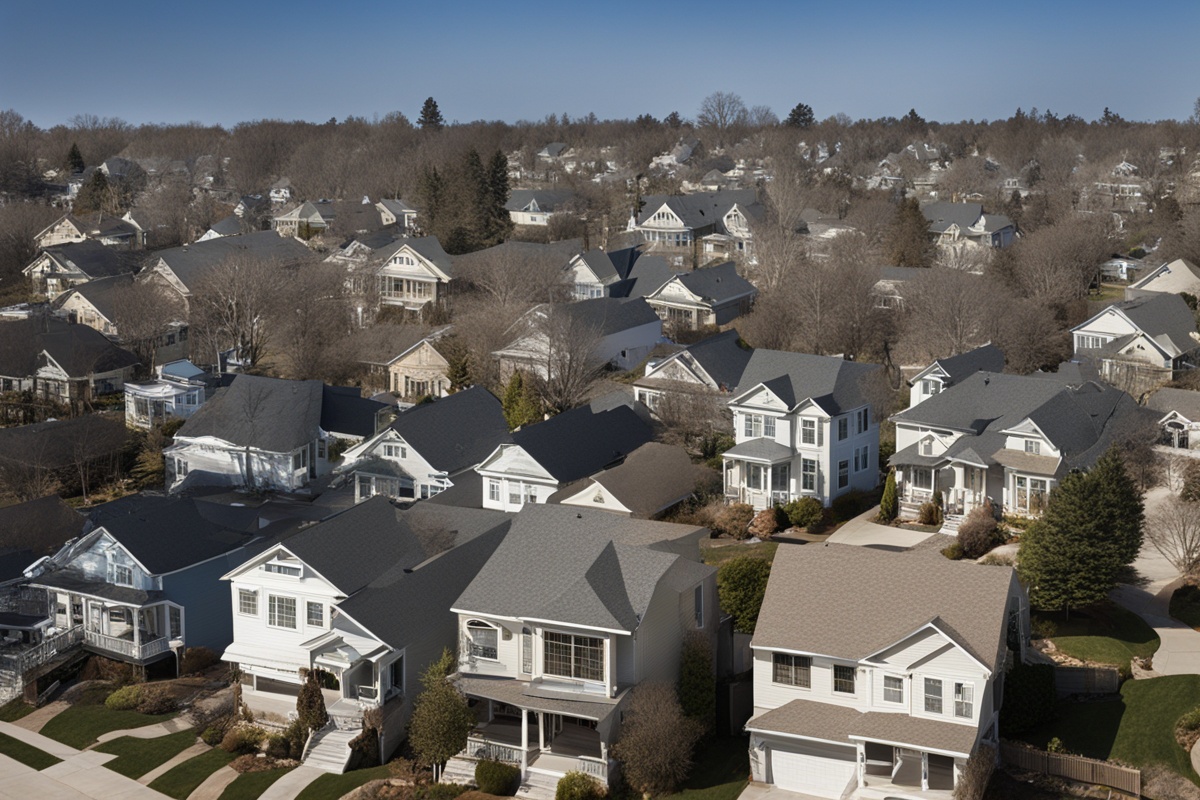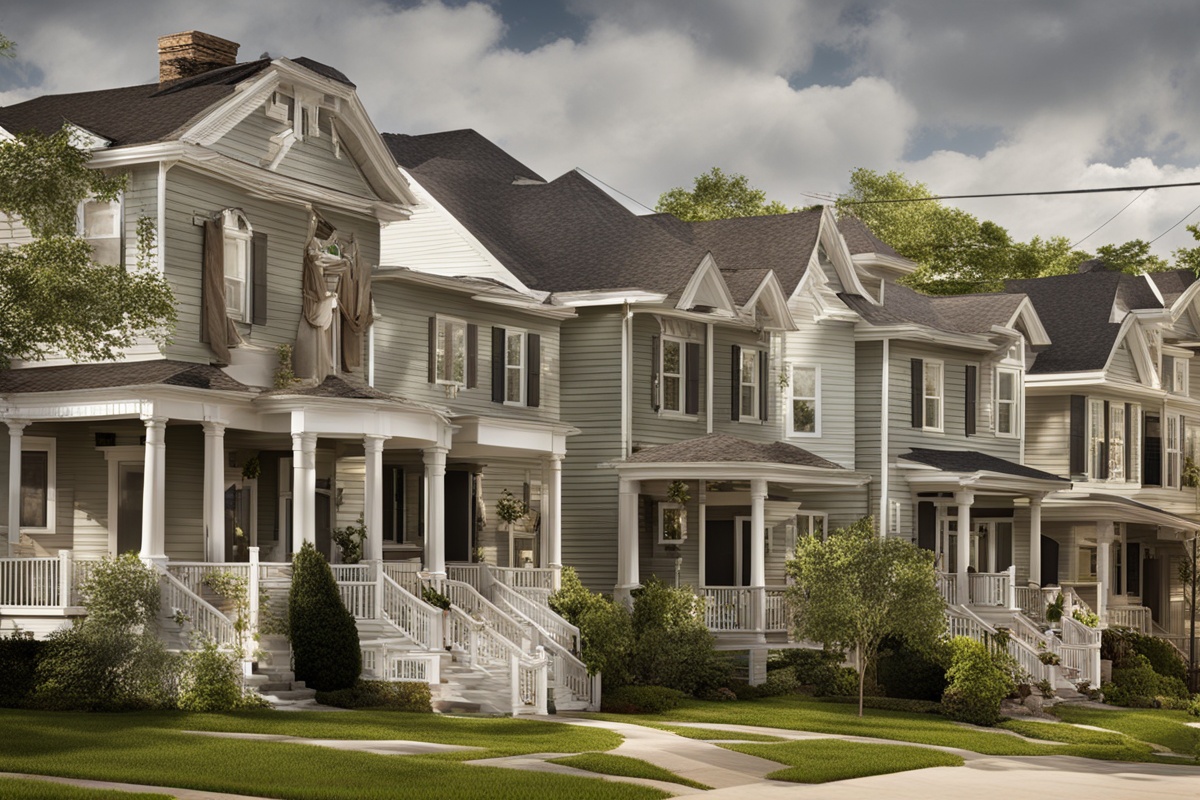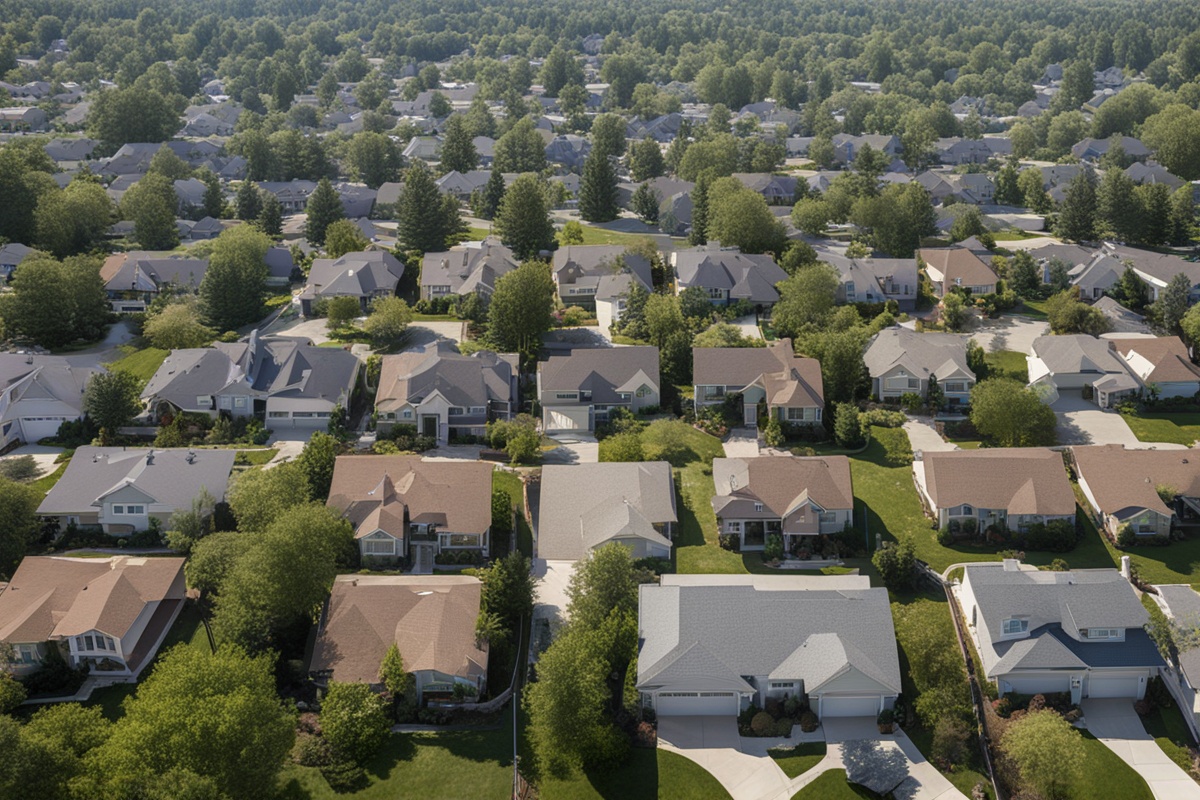Losing a home to natural disasters, fires, or other unforeseen events is a devastating experience for any individual or family. The emotional toll, combined with the practical challenges of rebuilding, can feel overwhelming. However, communities often come together to support those in need, playing a crucial role in local recovery after home loss. This process involves not only rebuilding structures but also restoring hope, fostering resilience, and creating stronger bonds within neighborhoods. In this post, we’ll explore the multifaceted aspects of local recovery after home loss and how communities can make a lasting impact.
The Emotional Impact of Home Loss and Community Support
Home loss is more than just the destruction of a physical space; it represents the loss of memories, security, and a sense of belonging. The emotional aftermath can include grief, anxiety, and even depression. During such times, the role of community support in local recovery after home loss cannot be overstated. Neighbors, local organizations, and even strangers often step in to provide comfort, whether through kind words, shared meals, or simply being there to listen.
Community centers and local churches frequently become hubs for emotional support, offering counseling services or group therapy sessions. These spaces allow affected individuals to share their experiences and begin the healing process. By fostering a sense of togetherness, communities help victims of home loss regain their footing emotionally before tackling the physical rebuilding process.
Immediate Assistance: First Steps in Local Recovery After Home Loss
In the immediate aftermath of losing a home, basic needs such as shelter, food, and clothing become the top priority. Local recovery after home loss often starts with emergency response teams and nonprofit organizations stepping in to provide temporary housing and essential supplies. For example, organizations like the American Red Cross frequently set up shelters and distribute aid to those displaced by disasters.
Local governments also play a critical role by coordinating relief efforts and connecting families with resources. Community-driven initiatives, such as fundraisers or donation drives, often emerge during this phase. These efforts ensure that affected individuals have the immediate support they need while planning the next steps toward rebuilding. To learn more about preparing for emergencies, check out our post on Emergency Preparedness Tips for Families.
Rebuilding Homes: Community Collaboration and Resources
Once the immediate needs are met, the focus shifts to rebuilding homes—a process that can take months or even years. Local recovery after home loss often involves collaboration between homeowners, local contractors, and nonprofit organizations. Groups like Habitat for Humanity work tirelessly to help families rebuild by providing affordable materials and volunteer labor.
Additionally, crowdfunding platforms have become a popular way for communities to contribute financially to rebuilding efforts. Neighbors might organize campaigns to raise funds for specific families, while local businesses often donate supplies or offer discounts on services. For insights into how communities fund recovery, explore our article on Creative Community Fundraising Ideas.
Financial Support and Long-Term Recovery Plans
The financial burden of home loss can be staggering, especially for those without adequate insurance coverage. Local recovery after home loss often includes navigating government grants, loans, and insurance claims to secure funding for rebuilding. Community organizations and legal aid services can assist families in understanding their options and applying for assistance.
Long-term recovery plans also involve educating residents on how to protect their homes in the future, such as through disaster-resistant building techniques or better insurance policies. Local workshops and informational sessions can empower individuals to prepare for potential risks. For more on financial planning after a disaster, read our guide on Navigating Financial Recovery After a Disaster.
Strengthening Community Bonds Through Recovery Efforts
One of the most remarkable outcomes of local recovery after home loss is the way it brings communities closer together. Shared experiences of hardship and rebuilding often create lasting bonds among neighbors. Volunteer efforts, community meetings, and collaborative projects foster a sense of unity and shared purpose.
These strengthened relationships can have a ripple effect, making communities more resilient to future challenges. For instance, neighborhoods that have worked together to recover from a disaster are often better prepared to respond to future crises, as they’ve established networks of trust and communication. Discover more about building resilient communities in our post on Building Resilient Communities Together.
Preventing Future Losses: Community Preparedness Initiatives
While recovery is critical, preventing future home losses is equally important. Local recovery after home loss often inspires communities to invest in preparedness initiatives. This might include creating neighborhood watch programs, organizing disaster drills, or advocating for infrastructure improvements like better flood defenses or fire-resistant building codes.
Education plays a key role in prevention. Schools, libraries, and community centers can host events to teach residents about emergency planning and safety measures. By taking proactive steps, communities not only protect their homes but also reduce the emotional and financial toll of future disasters. Learn how to get involved in local safety initiatives with our article on Joining Local Safety Programs.
Disclaimer: The information provided in this article is for general informational purposes only and should not be considered professional advice. While we strive to provide accurate and up-to-date content, we make no guarantees regarding the completeness or accuracy of the information. Always consult with qualified professionals, such as legal or financial advisors, for personalized guidance related to recovery after home loss or disaster preparedness. We are not responsible for any actions taken based on the content of this post.
References
- American Red Cross – Disaster Relief and Recovery Services
- Habitat for Humanity – Disaster Response
- FEMA – Individual Assistance Programs
- CDC – Mental Health After Disasters
- Ready.gov – Build an Emergency Kit
This content is for informational purposes only and not a substitute for professional advice.

